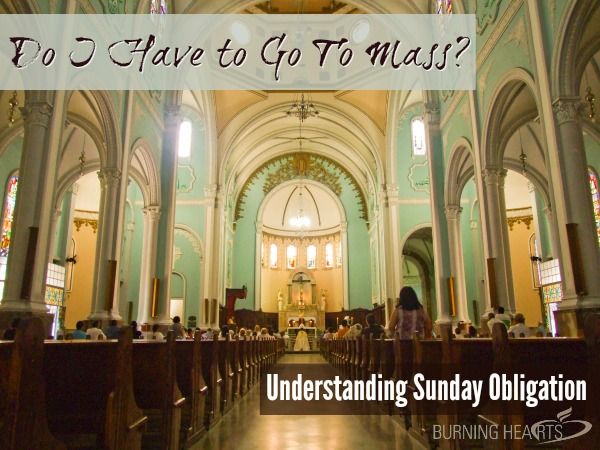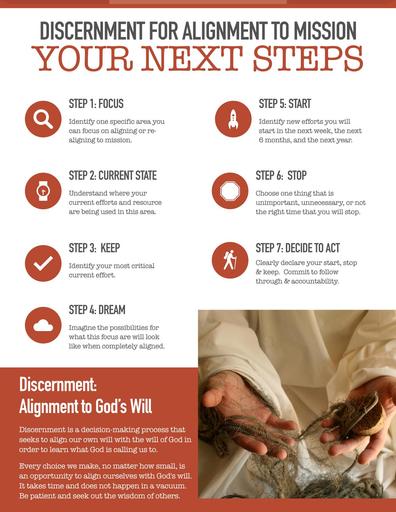Understanding Sunday Obligation
It happens every year at this time. I’ll be at a wedding on a Saturday, and someone will ask, “Father, does this count for Sunday?” Or someone will say, “Father, I missed Mass last week because we were driving in from Detroit—is that a sin?” Or in the winter, an elderly person will say, “Father, I need to go to confession because I missed Mass last week, because of the snow storm.”
Our Sunday Mass obligation is something we Catholics take very seriously. In some ways, it sets us apart from other Christian denominations, where weekly church attendance is seen as the ideal, rather than as part of our minimal obligation to the faith.
"Through participation in the Eucharist, we also participate in the Paschal Mystery of Christ, that is, in his dying and rising, which is made present for us in the Eucharistic sacrifice." —United States Catholic Catechism for Adults
Our Sunday Mass obligation has its roots in one of the most ancient codes of religious behavior, the Ten Commandments. God commanded the people of ancient Israel to “keep holy the Lord’s Day.” This meant both refraining from work and participating in the community’s worship. The 1983 Code of Canon Law puts it this way:
“On Sundays and other holy days of obligation, the faithful are obliged to participate in the Mass. Moreover, they are to abstain from those works and affairs which hinder the worship to be rendered to God” (c. 1247).
This is a positive obligation for us, but the obligation is only binding when it’s both possible and prudent.
So, if you’re an elderly person who shouldn’t be out when the sidewalks are icy, the obligation is lifted. If you’re traveling, and there’s no Catholic church available to you without serious difficulty, there’s no obligation to attend. And if you’re sick, while you are always welcome to come to Mass and seek the mercies of the Divine Physician, you may also choose to stay home and get better—it may even be prudent to do so. If you are sick, you also have the option to call your parish and request that a eucharistic minister from your parish bring the Eucharist to you—many churches have an official ministry for those who are ill and unable to attend Sunday Mass.
Is missing Mass a sin? Clearly, that depends on one’s motivation and intention. If you deliberately stay away with the intention to defy God and break a commandment, that’s obviously a very sinful choice. If, on the other hand, you miss Mass because you need to care for someone who is ill, that isn’t a sin—it’s a work of mercy.
Excerpt from the Code of Canon Law: Latin-English Edition, New English Translation, copyright © 1998, Canon Law Society of America, Washington, DC. Used with permission. All rights reserved.
Copyright © 2015, United States Conference of Catholic Bishops, Washington DC. Used with permission. All rights reserved.


